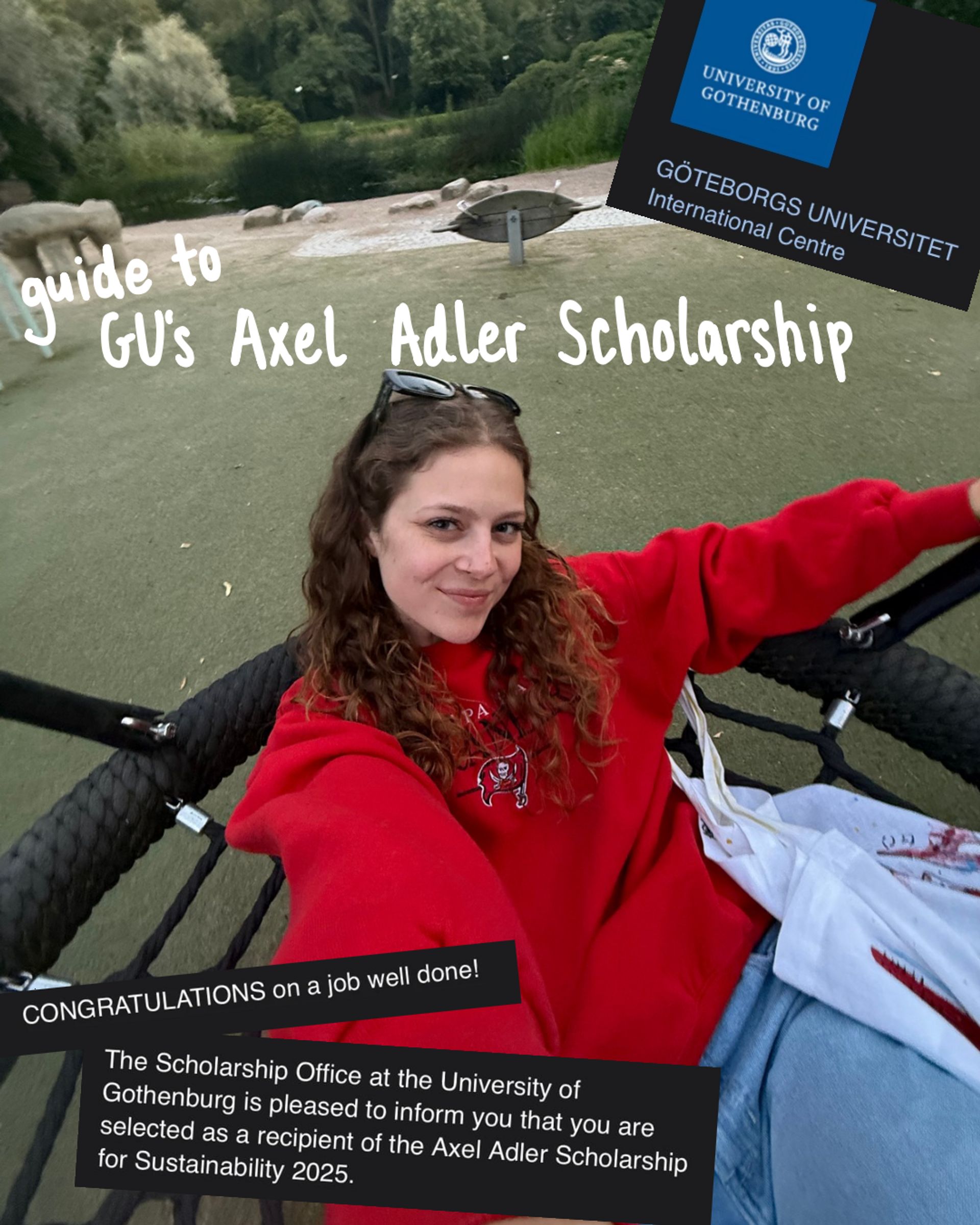
Written by Annamaria
17 Dec 2024
Welcome to the world of Swedish academic writing! Whether you’re working on essays, reports, or research papers, this guide is here to provide the essentials you need to know to write effectively since the requirements at Swedish universities tend to be pretty strict.
Choosing a topic
When it comes to academic writing, the topic is often chosen for you but in some occasions, you have to choose your own. We do it often in my Communication Master. This was very stressful for me at first because I didn’t know where to start. Here are the best tips I can offer:
- Look through current research in peer-reviewed journals to see what’s trending
- Find a gap in existing studies or focus on areas that interest you within the subject
- Keep it narrow—specific topics are easier to research and write about effectively
Planning
Stay organised like a pro
University life gets busy, so breaking your work into smaller steps will save you stress. Create an outline with deadlines for each section of your assignment. Time management is crucial, especially since we are expected to do a lot of work by ourselves. I recommend using a Google calendar to schedule your studies.
Skimming through literature
There will probably be hundreds of research studies that you’ll need to read throughout your studies. This means that you really need to learn to skim through literature. Skimming saves time and helps you process more material. You don’t need to read every word of every article and I think it’s also impossible. Instead:
1. Start with abstracts—they summarize the key points.
2. Focus on the introduction and conclusion for main arguments.
3. Use headings and keywords to find what you need quickly.
Learn basic academic vocabulary
Academic writing requires a formal tone, but that doesn’t mean writing convoluted sentences. Some phrases are often reused and helpful to remember. Here’s what to keep in mind:
- Be formal but direct. Say what you mean clearly and concisely.
- Avoid stuffing your paper with overly complex words; it doesn’t make you sound smarter, just harder to read.
- Pro tip: Professors can often spot ChatGPT-generated text because of excessive formality or wordiness—stay natural!
Some good phrases you can use:
The aim of this study is to…
In contrast to…
In addition…/Furthermore…
Previous studies have shown that…
This highlights the importance of…
It can therefore be concluded that…

Writing tips
Structure your writing
Good academic writing has clear structure. Typically, the course instructor will offer clear guidelines but in case they don’t, just remember to:
- Use paragraphs and sections: A new point or idea = a new paragraph.
- Use headings and subheadings for longer pieces to keep your arguments clear.
- Font size: 11 or 12 (Times New Roman, Arial, or Calibri)
- Spacing: 1.15 or 1.5.
Avoid repetition
Repeating the same point over and over doesn’t make your argument stronger – it weakens it. Make your points once, clearly, and move on.
Even no result is a result
Did your study or research not go as planned? That’s okay! Highlighting gaps, limitations, or inconclusive results is still valuable in academic work.
Write a strong conclusion
Your conclusion should summarize your key points, not introduce new ones. End with a concise reflection or a suggestion for future research if relevant.
Learn proper referencing
Referencing is everything in academic writing. Different programs and courses may have different referencing requirements, but APA (American Psychological Association) is widely used and often mandatory. If you’re unsure which style to use, APA is your safest bet. We often learn this the hard way. Not referencing properly can lead to plagiarism which means you’ll automatically fail.
APA referencing
In APA, references go in alphabetical order. They need to include all necessary details as authors’ names, year, title. journal/book, and even page numbers. Learn more about APA.
Use recent, evidence-based references
Your arguments need to be backed by strong, up-to-date evidence so avoid sources older than 5 years, unless you’re referencing foundational theories. Stick to peer-reviewed journals and academic books; avoid blogs or Wikipedia for citations. If you’re uncertain about the credibility of a source, use phrases like “may suggest” or “is thought to” instead of stating it as fact. There is no point in using older or ‘not legit’ references unless you absolutely have to.
Edit references as you go
Don’t leave your references to the last minute – it’s a nightmare to fix them all at once. You also risk losing some of them. Add citations and update your bibliography as you write. It’ll save time and stress later.
Plagiarism is a big deal
Plagiarism is taken seriously at Swedish universities. Here’s how to avoid it:
- Cite all your sources properly – direct quotes and ideas both need citations. (APA guides are your best friends!)
- Learn to paraphrase (rewrite ideas in your own words) while still crediting the original author.
Using ChatGPT
If allowed by your university, tools like ChatGPT can help you with proofreading or brainstorming ideas. Just make sure your work is still your own – AI should assist, not replace, your writing.
Academic writing services offered by the university
Most Swedish universities offer writing services to help students with assignments. Sometimes you can find their office right in the university library. Don’t hesitate to:
- Book a meeting with a tutor.
- Attend workshops on academic writing.
- Ask for feedback on your drafts.
Learn more tips to study effectively over the Christmas break.
Lycka till!





